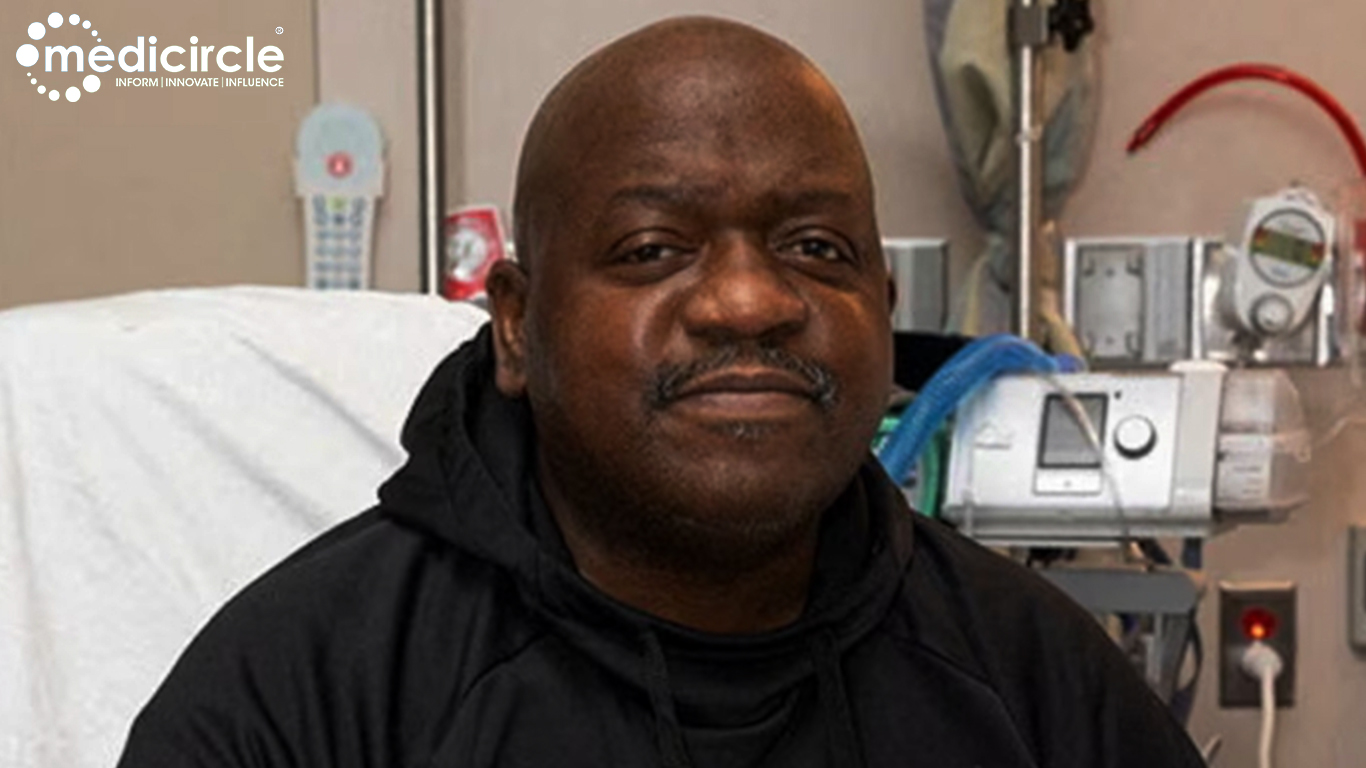A new non-invasive treatment dubbed “Surgery in a Pill” could help improve the quality of life for many Type 2 diabetic patients in the United Arab Emirates (UAE) and the wider region. The most recent statistics for the UAE show obesity affected 34.5% in 2016 and an estimated 1 million people (17.3% of the population between the ages of 20 and 79) had Type 2 diabetes in 2017.
Despite the clear benefits of weight loss surgery - improvement in diabetes, reduction in cancer risk, and extended life expectancy - uptake of surgery amongst patients who qualify remains low with only 1-2% of eligible patients undergoing surgery. Many diabetic patients do not fulfill the current surgical criteria and therefore continue to struggle with their diabetes, however, researchers are currently developing a pill that can be prescribed as an alternative option to surgery.
Developed by a research team from the Brigham and Women’s Hospital (BWH) in Boston, Massachusetts, US, the new compound named LuCI (for Luminal Coating of the Intestine) delivers a sticky, gut-coating paste that provides a barrier on the first part of the intestine mimicking the effect of gastric bypass. LuCI is able to coat healthy tissue and form a transient physical barrier on the luminal, or inside surface of the intestine, so that nutrients, including sugar, are not absorbed.
The research will be discussed at the Surgery Conference at Arab Health taking place from 28 - 31 January 2019 at the at the Dubai World Trade Centre. Organised by Informa Life Sciences Exhibitions, the 44th Arab Health Exhibition & Congress will welcome more than 4,150 exhibiting companies from 66 countries and an anticipated 84,500+ attendees from across the globe.
Speaking ahead of the Surgery Conference, Dr Ali Tavakkoli, Chief, Division of General and GI Surgery Director, Minimally Invasive and Bariatric Surgical fellowship, Co-Director of the Center for Weight Management and Metabolic Surgery, Brigham and Women’s Hospital, Boston, Massachusetts, US, and Associate Professor of Surgery, Harvard Medical School, said: “Given the growing diabetes epidemic in the Middle East, there is an urgent need for safe, non-invasive treatments that replicate the weight loss and anti-diabetic success of bariatric surgery but with less risk.
“Through bioengineering, the team at BWH has replicated the antidiabetic effects seen in patients who undergo gastric bypass surgery, developing a novel approach that can potentially extend this benefit to a much wider patient population,” he added.
According to Dr Hussam Al Trabulsi, Specialist Bariatric Surgeon, Medcare Hospital, Dubai, UAE: “Type 2 diabetics with a BMI of over 35 are the first condition to be treated by surgery today and normalisation of concentrations of plasma glucose, insulin, and HbA1c was seen in 80–100% of morbidly obese patients that were treated by surgery. In general, three out of five patients show marked improvement in terms of reduced insulin levels one week after surgery.
“However, for those patients who do not qualify for surgery, such as children, or for those who are afraid of undergoing surgery, more non-invasive methods could help them get to their ideal body weights. Many patients remain diabetic for the sole reason that they are afraid of bariatric surgeries and their risks. The minimal risks associated with these non-invasive procedures could motivate a large number of patients in the UAE to get rid of their diabetes,” he added.

 With only 1-2% of eligible patients undergoing surgery to manage diabetes, experts highlight the need for non-invasive treatments that replicate the metabolic success of weight loss surgery but with less risk
With only 1-2% of eligible patients undergoing surgery to manage diabetes, experts highlight the need for non-invasive treatments that replicate the metabolic success of weight loss surgery but with less risk

























.jpeg)






